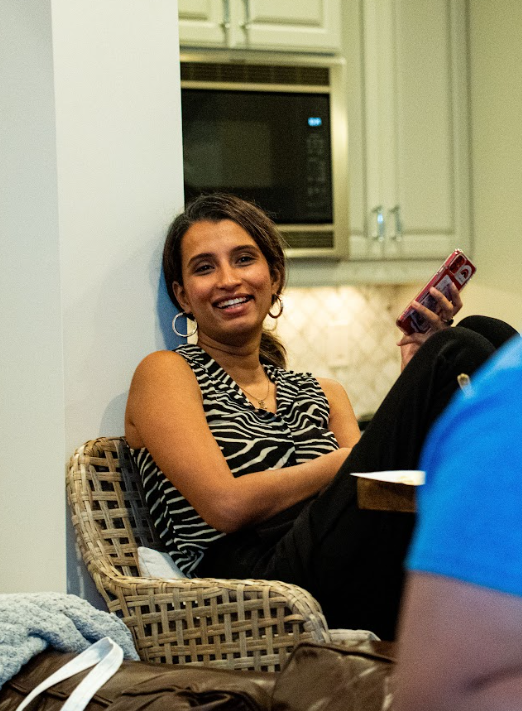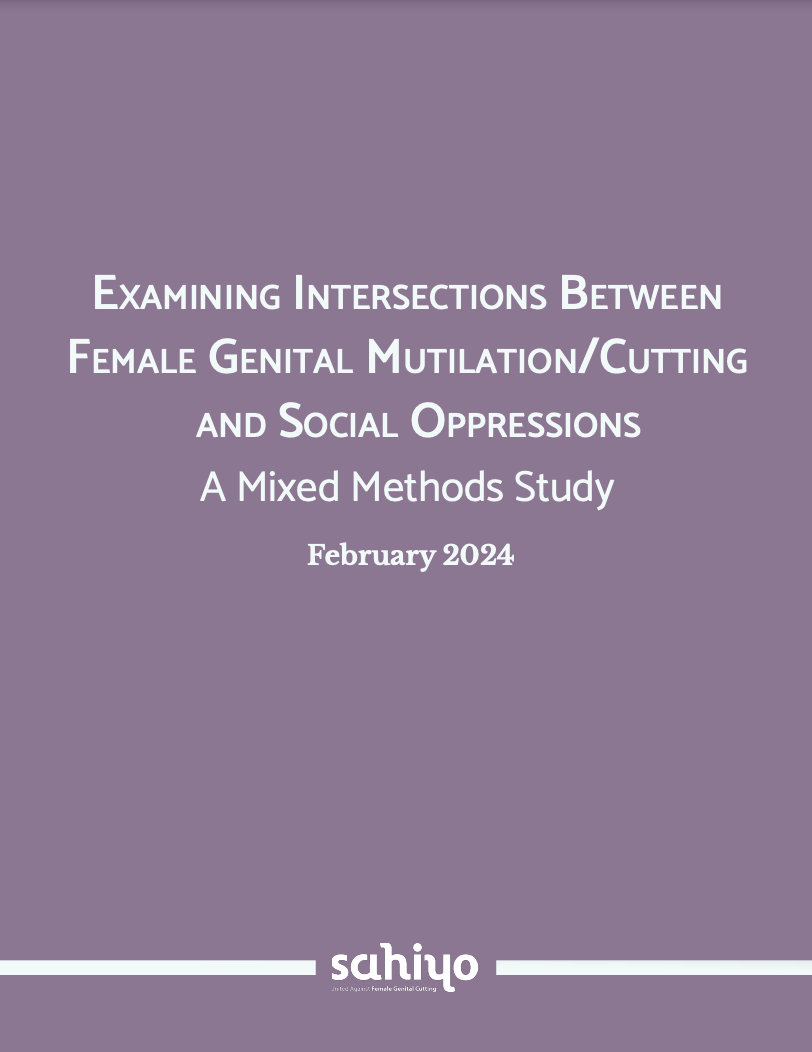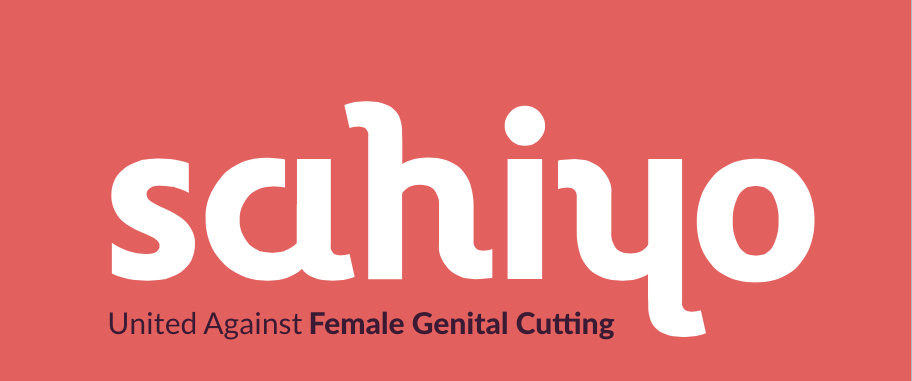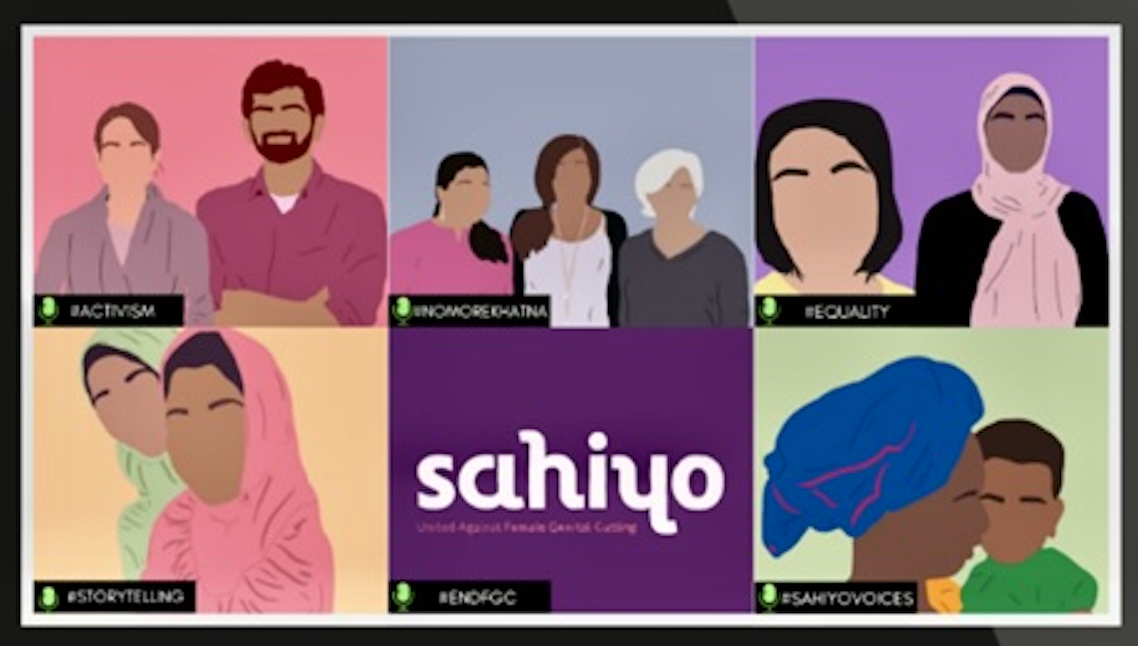Remember that pivotal moment when a cause became intensely personal? That's what happened to me when I discovered the human rights violation of female genital cutting (FGC) a few years ago. It triggered buried memories of my own experience as an eight-year-old survivor.
I finally attended the transformative Sahiyo Activists Retreat in 2023, and those three days in Atlanta were sheer magic.
I was instantly enveloped in a safe haven of kindred spirits where I could openly share my story without judgment. The thoughtfully planned activities included toolkits, group discussions, and personal anecdotes.All of which illuminated the nuances of the global FGC discourse. Hearing from powerful guest speakers was also incredibly inspiring.
But what moved me the most were the authentic conversations with fellow activists. Trading perspectives, bonding over shared trauma, and feeling that profound sense of sisterhood - it was deeply cathartic and healing.
The retreat also gave me the courage to initiate tough dialogues back home. I learned to broach the subject of FGC with a patience for ignorance, but still with a fierce determination to educate those who wrongly endorse the practice. I left the retreat with an unshakable support system and a heart full of hope for the future.
Now, I'm extending an impassioned invitation to you: Join us at the next three-day Sahiyo Activists Retreat, taking place virtually this year from July 26-July 28!
This is your chance to be part of a mighty community united against FGC. To find your tribe, nurture your activist spirit, and amplify your voice through empowering activities.
Trust me, those few days will forge bonds that last forever and equip you with tools to create tangible change. Let's come together, share our stories, and build a world that’s free and safe.
The time has come to join the movement. Sign up now by June 1st and let's make this year's retreat even more impactful!
Related:






